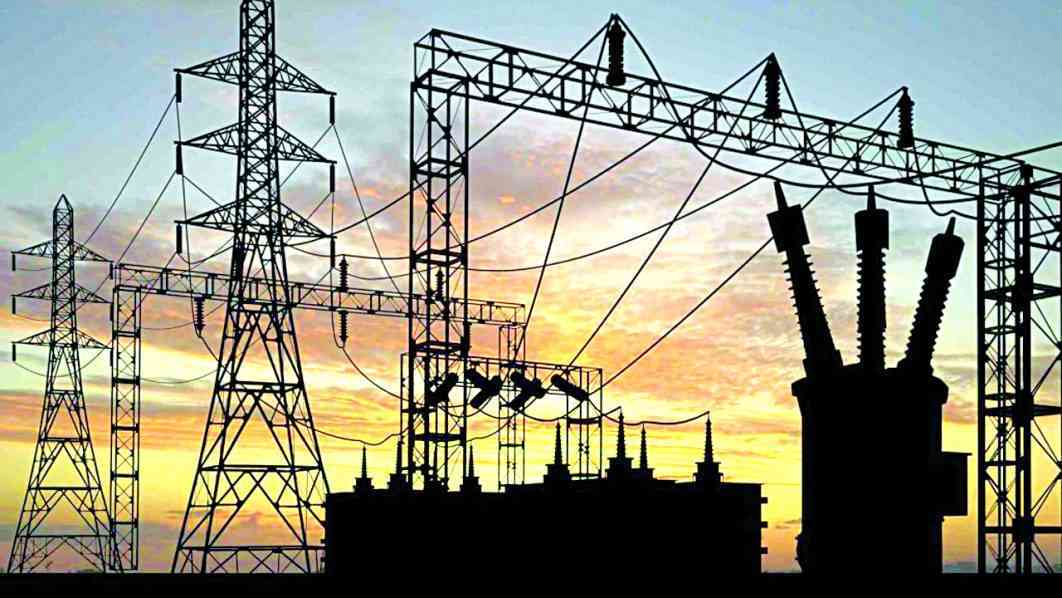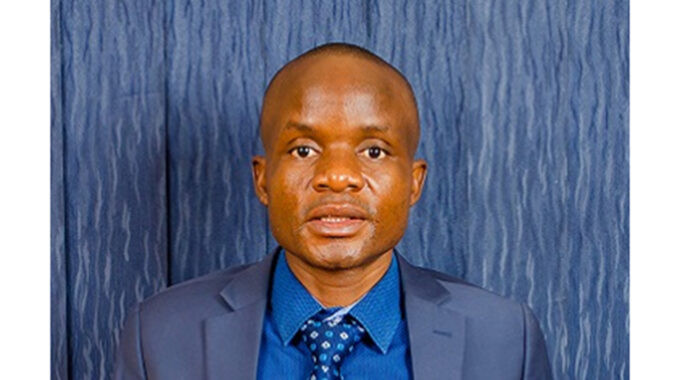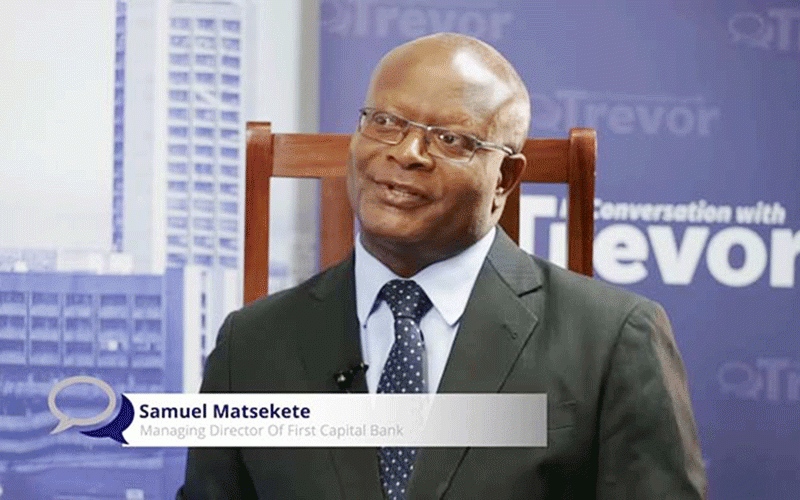
LOCAL independent power producer (IPP), Concession Energy Resources, is on the cusp of securing a US$4,5 million funding for its 6,27 megawatt (MW) solar plant in Mazowe, owing to networking opportunities from the International Renewable Energy Conference.
The conference is an annual event prepared and organised by the private media company Alpha Media Holdings (AMH), publishers of the Zimbabwe Independent, The Standard, as well as NewsDay.
This year’s conference will be held from March 4 to 7 in Victoria Falls.
In an interview with NewsDay Business, Concession founder Bernard Lupande said an investor has committed to taking care of the project's full cost of US$4,5 million.
“We are at an advanced stage of negotiations with an investor. The project cost is around US$4,5 million. The investor is injecting the full amount on a debt and equity cocktail arrangement. We have taken care of all the feasibility study costs on our own.”
However, he could not be drawn into revealing the name of the investor owing to the negotiations.
“In terms of the Ema (Environmental Management Agency) fees, we feel they are on the higher side, at 0,9%. For a US$4,5 million project, that’s US$40 500,” Lupande said.
“On the tax issues, the government has done very well, as solar equipment is exempted from import duty. If the project is granted ‘National Project Status’, which we are hoping to get, all imports towards the project are exempted from paying duties. ”
- Why we do what we do at AMH: Mafukidze
- Why we do what we do at AMH: Mafukidze
- News in depth: Zimbabwe’s push for shift to renewable energy sources gathers momentum
- News in depth: Zimbabwe’s push for shift to renewable energy sources gathers momentum
Keep Reading
Despite the advanced stage of negotiations, the Concession founder noted that one of the biggest challenges facing the firm is the power purchase agreement bankability.
“Most investors are sceptical of the ability to remit funds out of Zimbabwe, especially given that payments are made in local currency,” Lupande said.
“We applaud the government and the Reserve Bank of Zimbabwe for coming up with solutions in terms of guarantees. The other challenge is lack of policy consistency. Again, government seems to be trying to address that.”
He said the transmission arm of Zesa Holdings, Zimbabwe Electricity Transmission and Distribution Company, needed to revise its transmission fees for usage of the grid.
In an earlier post prior to the interview, Concession revealed that due to the networking opportunities presented by the annual conference, they had also signed a partnership with a reputable industry player.
“In view of the strategic stance by the government, the Ministry of Mines, in which mines are being encouraged to not rely on the state utility for their power needs, we are kindly looking for high energy consumption mine/mines, or any independent high consumer for a potential power purchase agreement,” Lupande said.
Zimbabwe has an energy deficit of between 1 600MW and 1 800MW as climate change and a lack of foreign currency have hampered electricity generation from traditional sources.
Government is banking on renewable energy to cover the gap.
According to the Zimbabwe Energy Council, renewable energy can generate up to 1 872MW worth of power, of which 600MW would come from solar, geothermal (50MW), biomass (1 000MW), small hydro (120MW) and wind (100MW).
Room for renewable energy generation remains as IPPs are contributing up to 50MW in power, five years after the National Renewable Energy Policy was launched.











